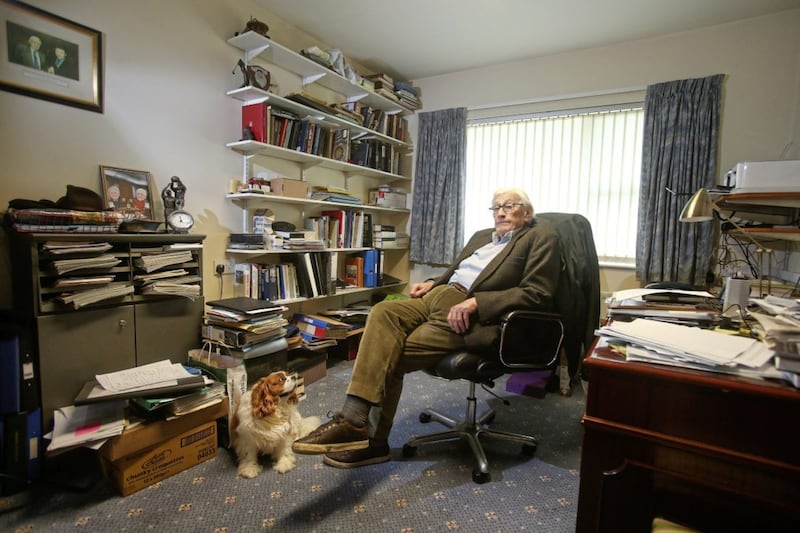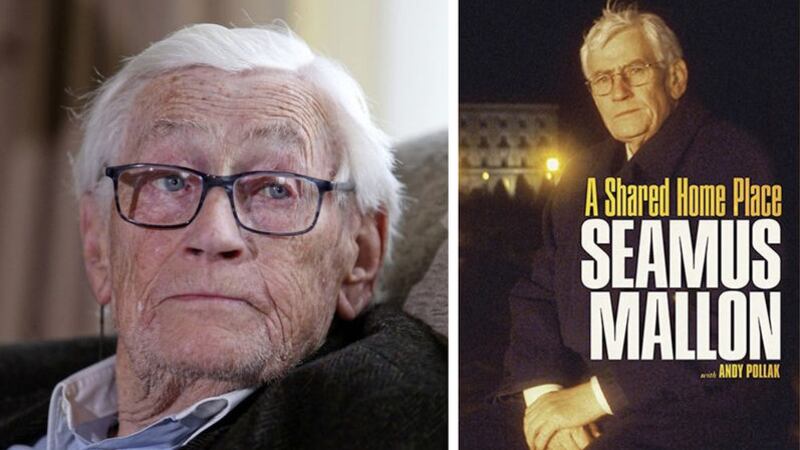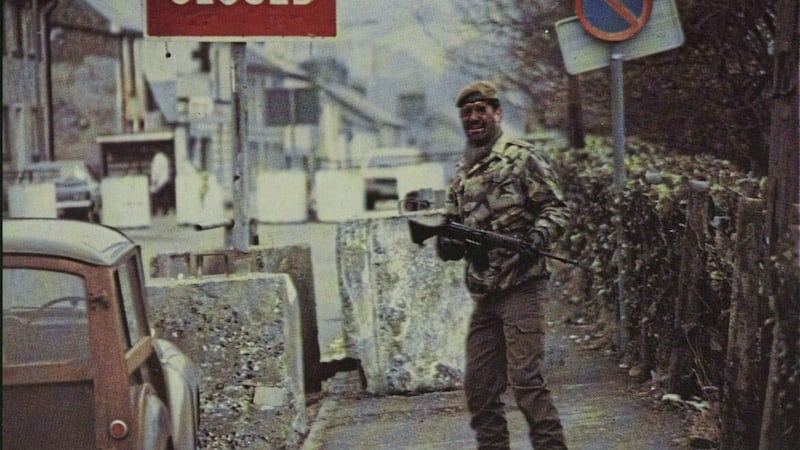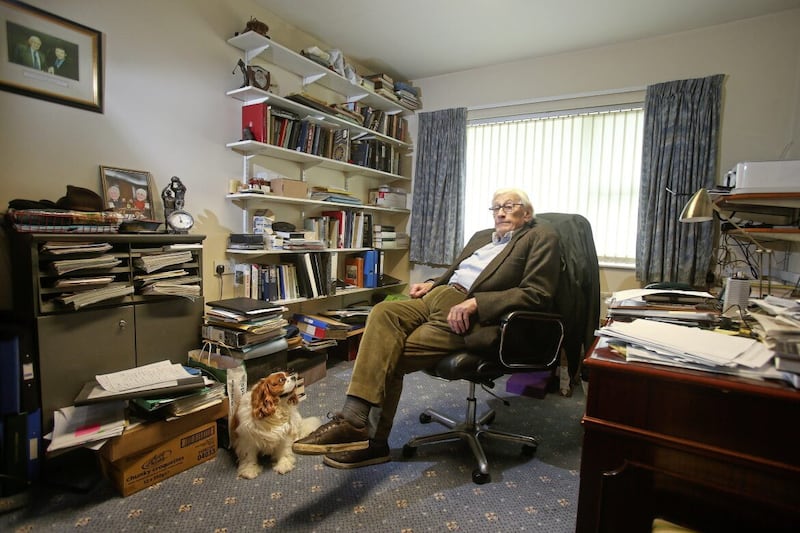Former Deputy First Minister Seamus Mallon has said that a '50 percent plus one’ nationalist majority in any future border poll would not deliver the “kind of agreed and peaceful Ireland we seek” and could lead to violence.
Writing in the Irish News today the veteran SDLP figure warned that a “very narrow vote for unity would led to more division, instability and probably violence”.
Mr Mallon’s outlines his proposals for moving towards a 32 county state through a process of “Parallel Consent” - which requires a majority on both sides of the political divide agreeing.
His comments come on the same day a new book about his life, ‘A shared Home Place - Seamus Mallon’ is published.
The book, which has been co-authored by veteran journalist Andy Pollak, charts his journey to become one of the most prominent political figures in modern Irish politics.
The 82-year-old, who was one of the chief architects of the Good Friday Agreement, says that the book is his contribution to the often vexed debate around a border poll.

The call from nationalists for a vote has grown since Britain voted to leave the European Union in 2016.
Such a poll can only be triggered by the secretary of state and under the terms of the Good Friday Agreement a simple majority would win any vote.
Mr Mallon believes this approach to a border poll is flawed.
“I have come increasingly to the view that the Good Friday Agreement metric of a bare ‘50%+1’ majority for unity in a border poll will not give us the kind of agreed and peaceful Ireland we seek,” he said.
“That was effectively how consent for unity was defined in the agreement.”
With the possibility of a Catholic majority looming after the 2021 census, the British government will come under more pressure to hold an historic border vote.
Although a Catholic majority may not translate into a nationalist majority, Mr Mallon is cautious about the prospect of a slender victory.
“My concern is that a very narrow vote for unity would lead to more division, instability and probably violence,” he said.
“Look at the chaos caused by the narrow vote for Brexit in the UK, and by the lack of preparation, reasoned debate and public education before that referendum.”
Mr Mallon argues that “Irish unity by numbers won't work”.
“We made that mistake a hundred years ago, when Northern Ireland was set up on the basis of a head count,” he said.
“A premature border poll may deliver a narrow and completely unworkable majority for unity.”
The former politician said a “more inclusive and generous way to quantify consent” must be found.
“This generosity could be shown by nationalists in two ways: firstly, by not pushing for unity until there is wider and deeper acceptance of it among the unionist community; and secondly, by a willingness to put forward some arrangement more congenial.”
Last year Taoiseach Leo Varadkar said a unity poll would be “very divisive”.
"I wouldn't like us to get to the point whereby we are changing the constitutional position here in Northern Ireland on a 50 percent plus one basis," he said.
"One of the best things about the Good Friday Agreement is that it did get very strong cross-border support – that's why there was a 70 per cent vote for it."
The Taoiseach added that if a border poll were held it was unlikely to result in a 70 per cent endorsement for a united Ireland.
In response Sinn Féin MLA Conor Murphy said an overwhelming majority of people in Ireland support reunification.
He said the Dublin government should defend the Good Friday Agreement in all its parts, including the right to secure a united Ireland with a simple majority.
"The Good Friday Agreement is absolutely clear in enshrining the right of the Irish people to self-determination through referenda, north and south - if a simple majority vote in favour of reunification, both governments are then obliged to legislate for it," he said.







